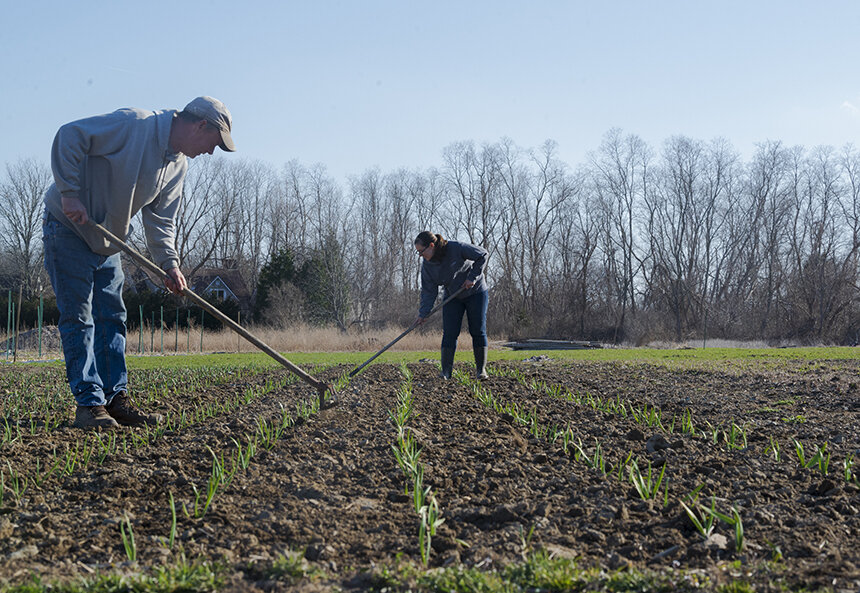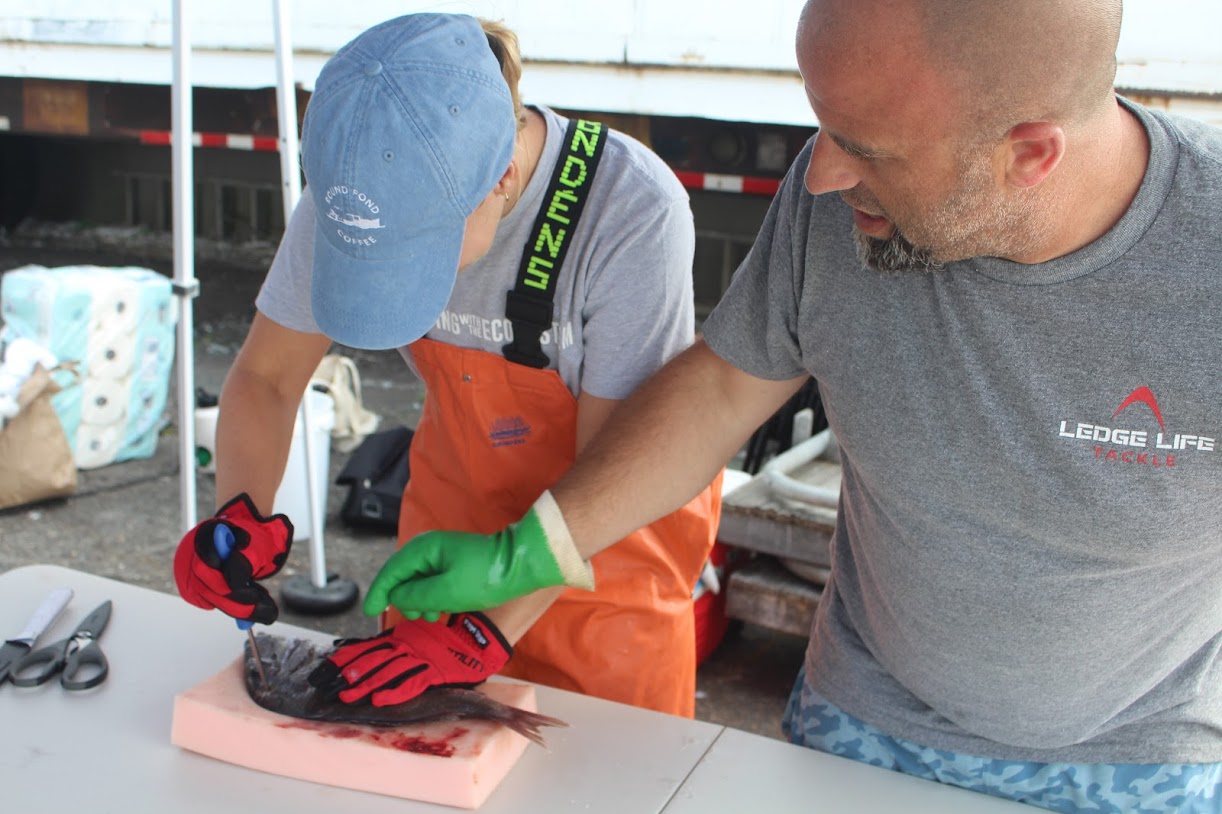Providence Food Co-op Finds Place to Build
December 7, 2015
PROVIDENCE — It took more than 10 years, but the city’s largest food cooperative finally has a home, or at least an address.
The Urban Greens Food Co-op will be part of two new buildings planned for an open lot at 93 Cranston St. The site was last occupied by the Louttit Laundry Building, which was abandoned in 1985, gutted by a fire and eventually demolished in 2008.
The 7,000-square-foot grocery store will inhabit the ground floor of a three-story, mixed-use building with 39 apartments.
Since 2004 a group of like-minded residents have been pushing for a local food co-op, which are typically found in progressive communities across the United States, such as Jamaica Plain and Northampton, Mass. Fertile Underground Grocery, a worker-cooperative at 1577 Westminster St., opened several years ago.
Consumer co-ops operate much like a credit union, where all profits are managed by or, in various ways, returned to its customer-members. An all-volunteer committee manages the business and all planning and operational decisions are made democratically.
“It will put the best interests of the customers and the community before profits,” said Cassie Tharinger, who has been active with the project since 2004. She is a member of the governing and planning Cooperative Council, which managed the location search.
“This has been a long time coming … who knew that the process of opening a cooperative grocery store was such a long and admittedly slow one,” Tharinger said during a Dec. 4 party to announce the location of the co-op.
Tharinger grew up with co-ops in Vermont and saw how a locally managed organization can foster a food-based economy and keep money within a community. Co-ops typically carry three times the number of local products than a traditional store. They also pay higher wages and offer good health benefits, according to the National Co+op Grocers. Like most food co-ops, Urban Greens will focus on selling local, healthy and organic food. Promoting local food is expected to address chronic, regional issues such as food insecurity and the effects of poor food on health.
Mark Huang, the city’s director of economic development, said co-ops reflect a larger trend of consumers wanting to know where their food comes from, how it’s made and how healthy it is.
“That’s a direct rebuttal to the last 30 years of how our food system has evolved,” Huang said. During that time, food has become industrialized, cheap and unhealthy. As a result, food from grocery store chains no longer comes from local farms, fishing grounds and food companies, he said.
Huang, who most recently worked in San Francisco, wants Rhode Island to be the Napa Valley of the East Coast, where it can provide local produce and seafood, and create a new light-manufacturing sector based on food products that serve local and global consumers.
“The money stays in the local community. It’s a form of economic empowerment in your community,” Huang said.
The Cranston Avenue site was the top choice of four possible locations on the city’s West Side. It was selected for its proximity to three mixed-income neighborhoods: Federal Hill, the West End and Upper South Providence. All three areas lack a full-size grocery store.
The location aims to provide social-justice benefits by encouraging low-income residents to shop, work and interact at a business that focuses on community input and outreach.
Eight of the apartments will be priced below the local median income, and 31 will serve as workforce housing.
Once built, the store will be open to the public. But anyone who pays a $160, or $80 for a low-income person, fee can become a member. Both fees can be paid in installments. Members participate in governance, attend special sale days and can buy food by the case.
Money must still be raised for construction. Urban Greens will secure a loan with the Cooperative Fund of New England, but a significant portion will be raised through an upcoming direct public offering to members. Through this public investment, the co-op will offer preferred shares that deliver a fixed return based on profits. The investment campaign will be launched this spring and will be open to Urban Green members and all Rhode Islanders.
The developer, Bourne Avenue Capital Partners, will build a second, fully residential building provided the project receives a Rebuild Rhode Island Tax Credit from Commerce Rhode Island, the state’s economic development agency.
Construction could begin as early as summer 2016 and take a year to build.
The lot is a brownfield site owned by the city’s redevelopment authority. The Urban Greens governing council has worked with the city for two years to design buildings and find the developer.
Other work lies ahead, such as interior design work, hiring a manager, establishing agreements with distributors and farmers, fishermen/women, and food makers.



